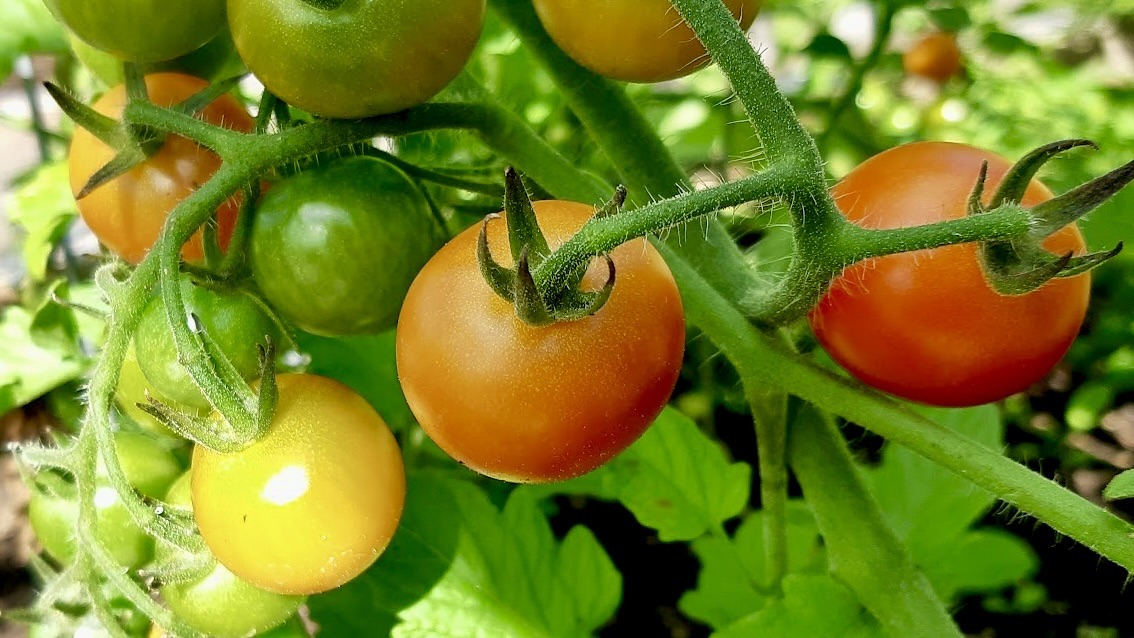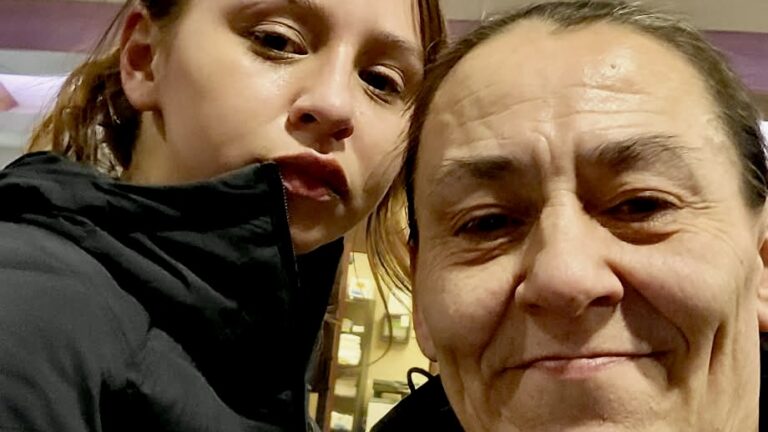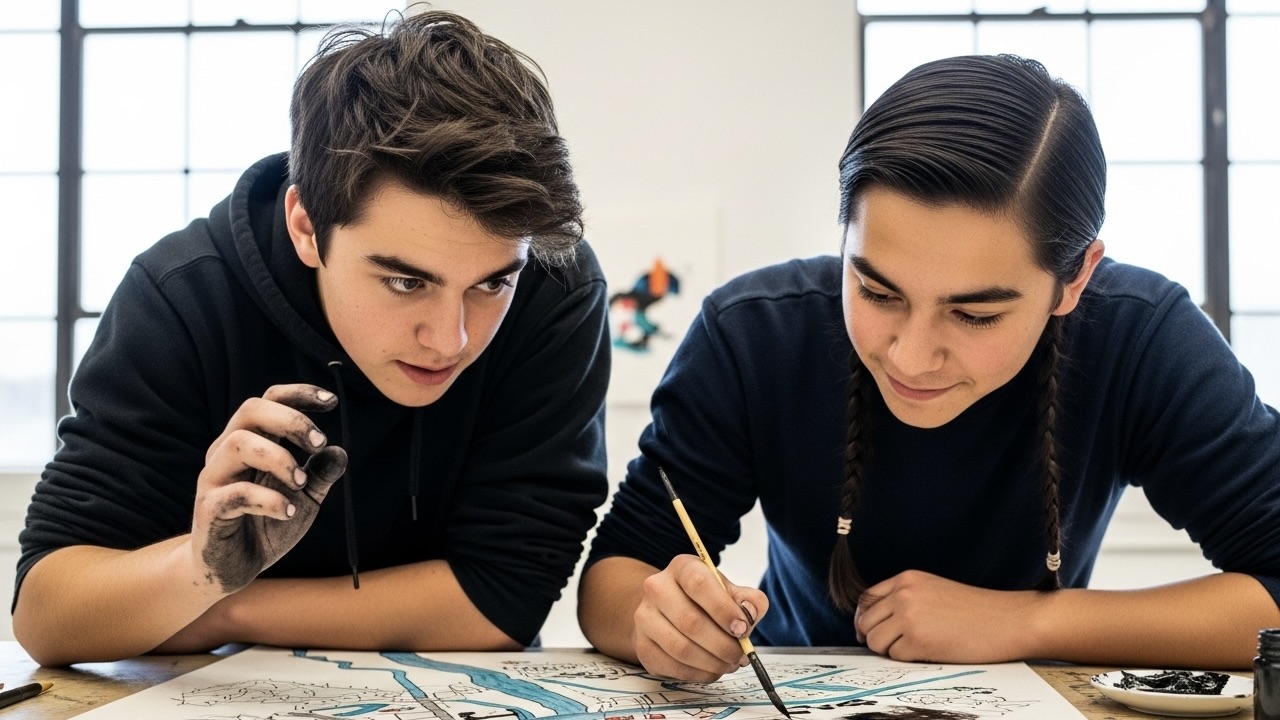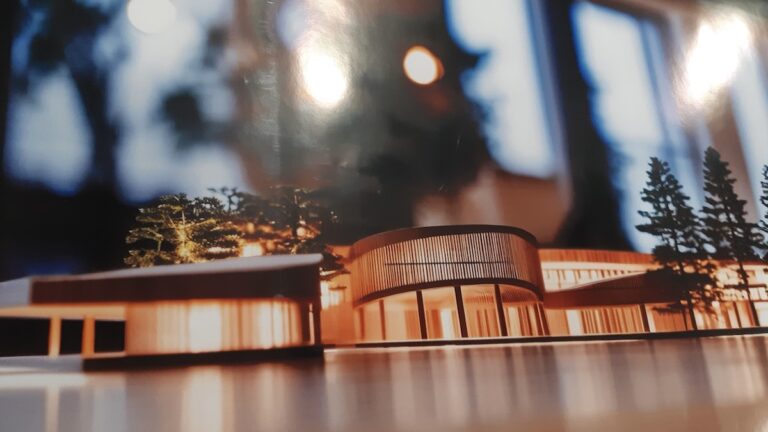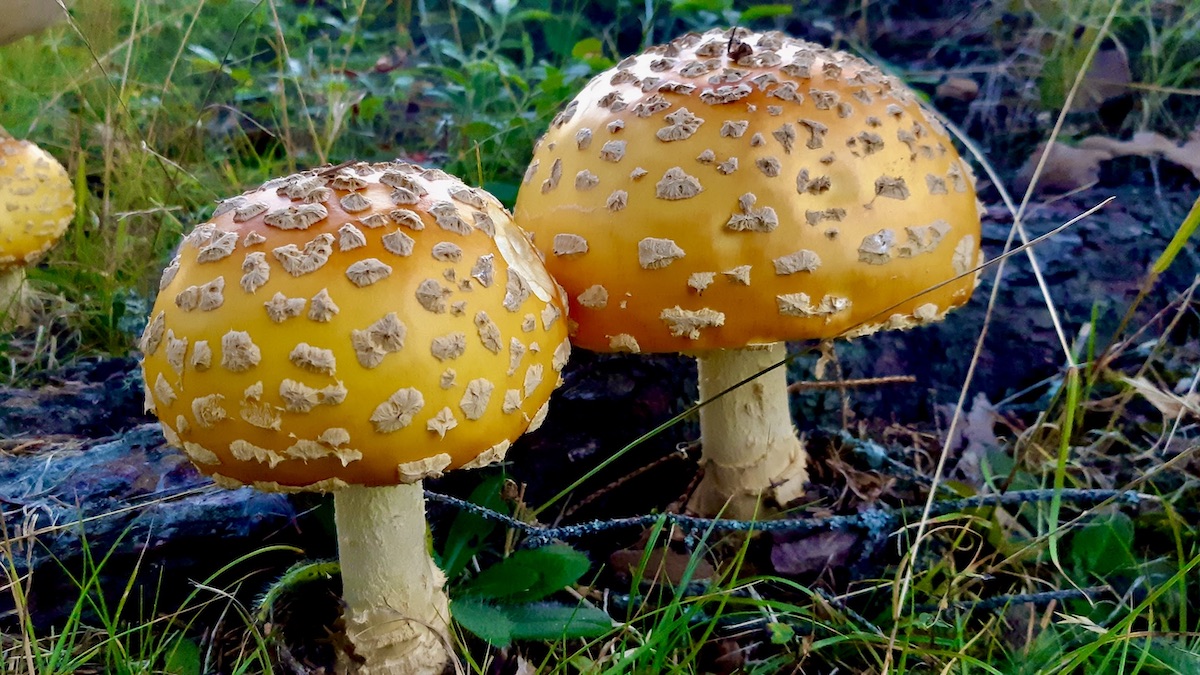
Hard at work: We were so excited to be collaborating last year with biosystems students at the Minneapolis College of Art and Design. It was inspiring to see Minnesota and Manitoba connecting through relationship development and engagement using the arts and experiential design. Photo: Kami Norland
What happens when emerging artists step out of the studio and into the real world to tackle pressing challenges like food security and climate resilience? Experiential design—gaining knowledge through hands-on experiences and reflection—offers a powerful way for artists to expand their skills while making a tangible impact.
From winter 2023 to summer 2024, Art Borups Corners and its Winnipeg-based arts collective explored this potential by merging the arts with food security in an innovative, intersectional project. Supported by Manitoba Agriculture and the Sustainable Canadian Agricultural Partnership, the initiative connected emerging artists with real-world relationship-building and engagement opportunities, demonstrating how art can be a transformative tool for community development.
Jamie Bell, a Winnipeg-based artist and founding member of the program, was one of the contributors guiding the project. “Experiential design thinking, and learning gives artists a chance to see the impact of their work in real time,” Bell explains. “It’s about designing for the building relationships, engaging with real-world challenges, and finding innovative ways to use art as a tool for community development.”
The project also brought together collaborators from Manitoba, Northwestern Ontario, Minnesota, and Nunavut, putting experiential design thinking into practice—focusing on creating interactive, meaningful experiences—as a foundation. Experiential design goes beyond traditional problem-solving by emphasizing the creation of immersive, hands-on interactions that engage individuals and communities in dynamic ways. It is particularly valuable in addressing complex challenges, as it fosters deeper emotional connections and encourages participants to actively shape solutions that reflect their lived realities.
Learning about experiential design methodologies became a cornerstone of the program, encouraging artists to craft solutions that were not just functional but deeply resonant with the communities they served.
One of the standout moments of the initiative came in June 2024, when several participants traveled to Bodø, Norway, to present an experiential design toolkit they had created for northern communities. The session, convened by the project team and youth with support from the Minneapolis College of Art and Design Creative Entrepreneurship and Master of Arts in Creative Leadership, and the University of the Arctic, became a highlight of the season. What began as a small arts and school project had blossomed into a remarkable opportunity to share their work on an international stage. The toolkit, developed collaboratively, provided actionable strategies for northern communities to integrate art into food security and cultural resilience efforts, showcasing the power of experiential design to address pressing issues.
Tony Eetak, a founding member of the Art Borups Corners Youth, Arts, and Media Team, shared how the experience broadened their perspective: “When we started our Digital Greenhouse project in 2022, we never imagined we’d be learning this year alongside students from other countries. Their creativity and dedication have shown us what’s possible when art and innovation come together.”
The experiential design approach encouraged participants to tackle challenges head-on. One team developed interactive art installations illustrating sustainable food production cycles, blending storytelling with data to engage diverse audiences. Another designed prototypes for food-growing systems that incorporated local materials and cultural motifs, reflecting the unique identity of the northern communities they aimed to serve.
As Jamie Bell notes, “The beauty of experiential design is that it’s scalable. Whether you’re working on a large, multi-regional project or a small community arts initiative, the principles remain the same. It’s about listening, learning, and creating in ways that resonate with people’s lived experiences.”
Integrating the arts, food systems, and cultural connections, this initiative showcased how experiential design thinking can empower artists to grow in their craft while addressing community needs. Through partnerships with organizations like MCAD, the University of the Arctic, and regional food security programs, the project team, especially the youth artists, highlighted the value of interdisciplinary collaboration, paving the way for a new generation of artists to engage deeply with their communities.
For rural and northern communities, experiential learning represents an important step forward. It equips emerging artists with practical skills, facilitates new connections and supports a creative environment for innovation, while redefining the role of the arts in addressing societal challenges—proving that when artists and communities learn together, the possibilities are endless.

